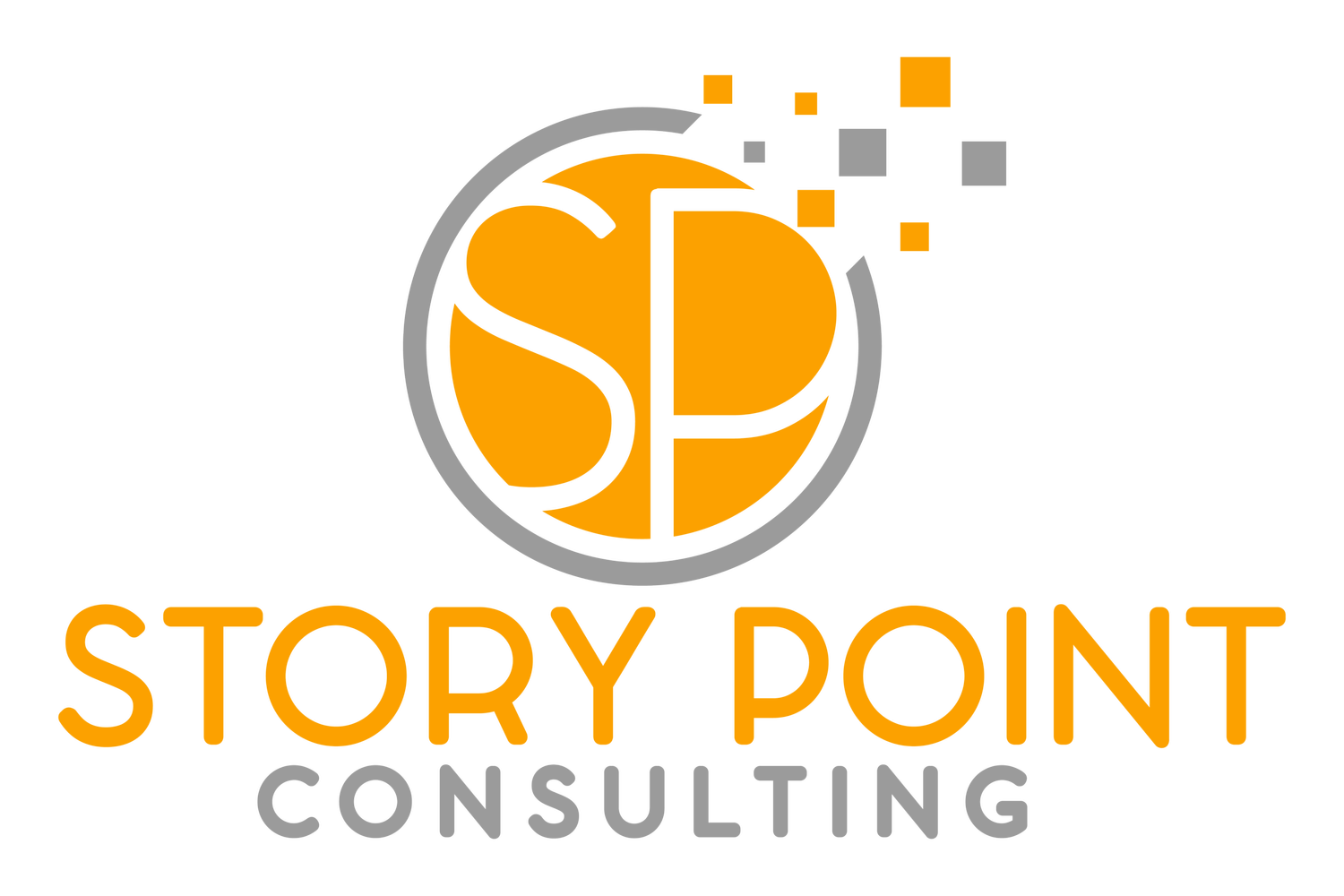5 Skills Every Effective Executive Director Needs
Working in the nonprofit and charitable sector often comes with a unique set of challenges—and incredible rewards. Executive Directors (EDs) play a vital role in steering their organizations toward success. Especially in smaller nonprofits, the ED can wear a lot of hats. One minute they are speaking at a press conference or meeting with local leaders, and the next, they are organizing the next board meeting—or maybe even making the coffee for it!
It is a busy job, no doubt. But it is also one that can have a lasting impact on communities, missions, and causes that matter deeply. A great ED does not just keep the lights on—they help an organization truly thrive. And while there is no one-size-fits-all formula for the role, these five traits are a solid foundation that help make an ED effective in their role.
Flexibility. Change is constant in the nonprofit world. Some ever evolving issues ED’s have to deal with include adjusting to new board members who bring different priorities, changing technologies like ChatGPT to write grant applications, or political changes like a federal election which bring new leaders and policy shifts, which can quickly impact funding opportunities. That is why flexibility is such a valuable trait for EDs. A strong ED is comfortable adjusting plans and switching gears when necessary. Whether it's changing a fundraising strategy or figuring out how to keep a program running after a grant ends, the ability to adapt is essential.
Plus, flexibility helps create a resilient organization. If something does not go according to plan, a flexible leader helps the team stay motivated, focused, and optimistic. They model a mindset that says, “We’ll figure it out”—and that can be a powerful way to keep a team thinking positively and avoiding burnout.
Fundraising Skills. Fundraising is an ongoing reality for most organizations despite their size. Therefore to be effective, fundraising skills are a must for any ED. For new executive directors in particular, stepping into the role can be challenging, especially when navigating fundraising expectations alongside a steep learning curve. However, an ED does not have to be a seasoned fundraising professional with all the expertise to achieve their organization’s fundraising goals on day one. What matters most is a willingness to learn and grow. That might use their organization’s professional development budget to attend workshops, or consider hiring a fundraising consultant or fundraising staff to build strategy.
Even if the ED is not the one writing every grant or meeting every major donor, they do need to understand the big picture—and be ready to lead the charge when it comes to bringing in support.
Relationship Building Skills. An Executive Director is often the public face of the organization, and that means they need strong relationship-building skills. Whether it is chatting with a local official at a community event, thanking a long-time donor to boost donor retention, or welcoming a new volunteer, EDs need to know how to connect with people.
But it is not just about external relationships. A truly effective ED also builds strong internal relationships—with staff, board members, and volunteers. They create a sense of trust and shared purpose, which helps foster a healthy, supportive workplace culture. People want to work with and support leaders who are approachable, collaborative, and genuinely invested in both the mission and the people involved.
Clear Communication. High-performing leaders are great communicators—and EDs are no exception. Whether they are presenting a budget to the board, writing a grant application, or talking to a group of community members at an event, they need to be able to convey their message clearly, honestly, and effectively. This includes written communication, like creating reports for funders and supporters, or verbal communication like bringing greetings at events, and even informal day-to-day chats with staff and volunteers.
In addition, public trust is very important in the nonprofit and charitable sector, so an effective ED is good at transparent communication. A strong ED will also be able to clearly and persuasively communicate the organization's needs to the public to garner support for the cause.
Community Knowledge. Every nonprofit has its own unique mission—but no matter the cause, it is essential that the ED understands the community the organization is working with. Even if a new ED does not come in with deep subject matter knowledge, having a genuine interest in and understanding of the local context goes a long way.
This insight helps leaders speak authentically about the organization’s work, advocate for what’s needed, and tailor programs or services to meet real needs. It also helps in creating tools like a compelling case for support—something every nonprofit needs to engage donors, partners, and the broader public. When an ED is plugged into the community, it strengthens trust and helps the organization remain relevant and responsive.
There’s no doubt that being an Executive Director is a big job. It comes with challenges—long days, difficult decisions, and the ever-present need to juggle priorities. But it also brings the opportunity to make a real, lasting difference. With the right support and these key skills, Executive Directors can keep doing the important work of supporting their organization’s mission well into the future.
Leading a nonprofit or charity as an Executive Director comes with real challenges, but it’s also a chance to make a real difference. Our weekly newsletter shares practical fundraising tips and straightforward strategies to help you build your team, connect with donors, and run your organization more effectively.
Leading a small nonprofit often means doing a bit of everything. Subscribe to our newsletter which is designed to help small teams strengthen their fundraising strategy and support their team with confidence.




